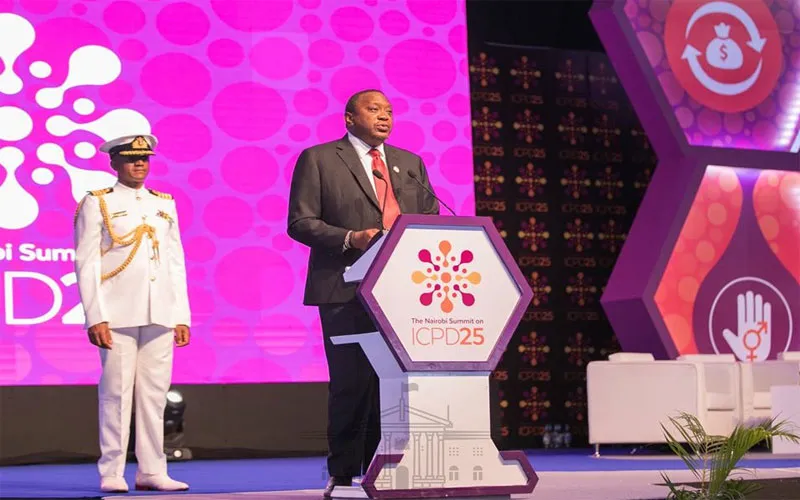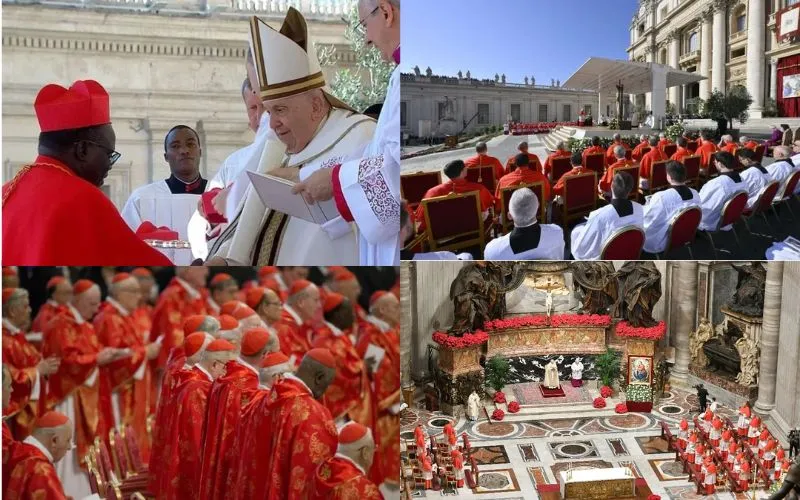Nairobi, 13 November, 2019 / 1:08 am (ACI Africa).
The widely publicized and controversial International Conference on Population and Development (ICPD25) convened to commemorate 25 years since the last convention took place in Egypt’s capital, Cairo kicked off Tuesday, November 12 in Nairobi, Kenya amid resistance from religious leaders and other civil society groups.
Organized by the Governments of Kenya and Denmark, and the United Nations Population Fund (UNFPA), ICPD25 has been described as “one of the biggest conferences to be held in Africa.”
In his speech at the official opening of the conference taking place at Kenyatta International Convention Center (KICC) in Nairobi, Kenya’s President Uhuru Kenyatta steered clear of controversial and divisive issues around the Summit.
Instead, President Kenyatta focused on issues consistent with what the Holy See desired ICPD25 delegates could discuss, among them, “women and children living in extreme poverty … strategies for development, literacy and education … ending violence against women, and ensuring access to employment,” among other issues that seem respectful of religious tenets and African values.
President Kenyatta, a Catholic, has faced pressure in days leading to ICPD25 from various religious organizations and other civil society entities who have expressed strong reservations about the meeting and presented to the President petitions signed by thousands of their respective followers.








